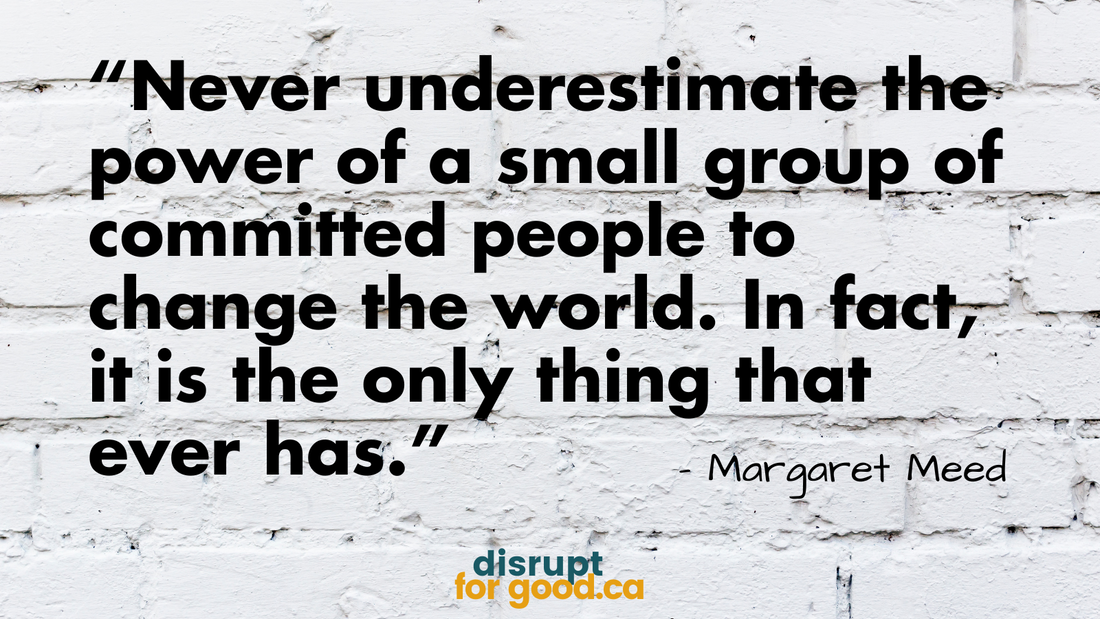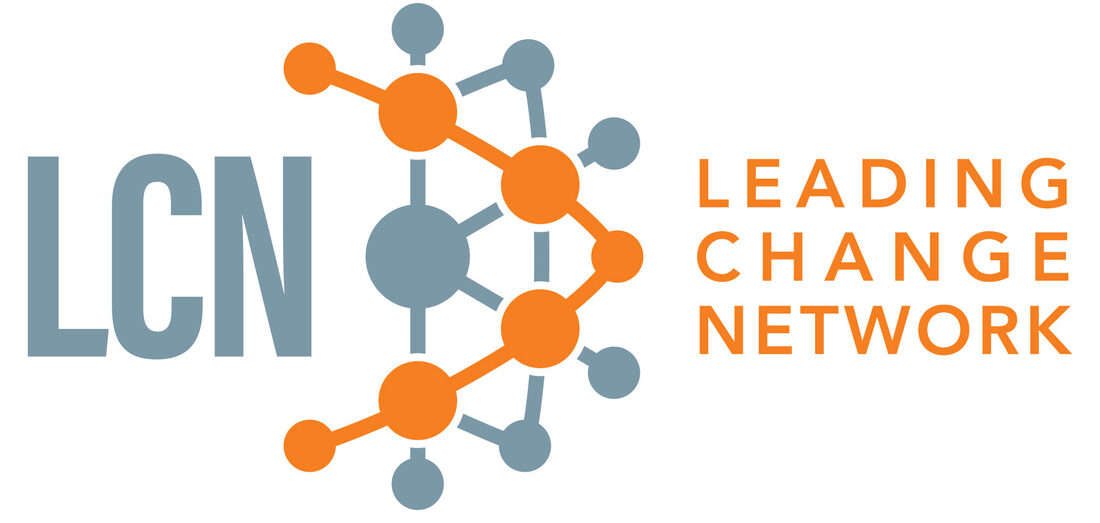|
I don’t know what it’s like in your community, but here, non-profit agencies (mine included) are almost tripping over themselves to make it known that they are not duplicating services. Duplicating services has become a dirty term somehow...but only when we are talking about poor people, of course. No one seems insulted by the number of grocery stores, gas stations, cafes, or cell phone providers. But we’re mortified to think that there might be multiple agencies providing coats to the homeless, or that people needing a warm meal might have options. The inefficiencies! Gasp! Questioning whether redundancy in the social sector is actually a problem is new for me in the last few months. It’s not a fully formed argument yet, but as a thought exercise, I believe it holds merit for us all so I wanted to invite you in. Three main points that I want to look at here: Some choice is good for clients. Some redundancy is good for service providers. And a bit of competition is good for all of us. 1. Client choice is good.
If I look at the question of removing duplication of social services and I put it through my filter of “does this centre and honour the self-determination, autonomy, dignity, and social inclusion of the people we want to support,” it’s a 0/4 for me. My husband and I were discussing this earlier today. We have wildly different views on social safety nets, and he pointed out that sure, consumer choice is valued in capitalism, but everyone gets grumpy when privatizing health care is suggested, for example. That’s something we “lefties” think the government should pay for. To that I clarify, I’m against the privatization of healthcare because I don’t like the idea of profit in healthcare. I do not think that is in our society’s best interest. I am, however, a GIANT fan of choice in healthcare. People should have a range of government-paid doctors to go to, they should be able to get second opinions, and the choice of which procedure or medication they receive should be a decision between the patient and their doctor alone. Diversity and choice should be a badge of honour in our social system, not something that leaves us blushing and sheepish. One thing I hear clearly from my colleagues in the sector is that clients are presenting with increasingly complex needs. Not everyone can be adequately cared for by a standardized, one-size-fits-all, centrally located provider. What about the rare disease patient that doesn't find alignment with the values of the values of the local patient support group? What about when the one liver specialist in the region refuses to treat the hepatitis C infections of people who use drugs? What about the person experiencing homelessness that has a falling out with staff at the shelter? Coordination across a given system, certainly, is warranted in many if not most cases. But pushing agencies out of certain spaces just because another agency has a similar service is likely not. 2. Redundancy increases resiliency. The COVID pandemic, along with recent climate-change-related storms on our west and east coasts, has some of us questioning our just-in-time delivery and shipping practices, and if they serve us well in this new reality. Turns out, super-efficient systems are also super non-resilient. There’s no margin, no slack for when things don’t go perfectly. There are no cars on the sale lot because manufacturers didn’t want to have too many $10-20 microchips in the warehouse tying up cash flow. The grocery shelves are empty after even one day when a road washes out, cutting communities off from suppliers. People are left outside in the snow when a homeless shelter experiences a COVID outbreak. For agencies working in the social sector, being the only game in town puts undue pressure on that agency. This can contribute to burnout. It is an unhealthy environment for all involved. Providing essential services is already stressful - having no plan B makes it even worse. 3. Competition is a good thing. When I started Googling this subject, I couldn’t find much, but I did stumble onto an old blog by a fellow Canadian advocate, Mark Holmgren. Mark wrote: Non-profits are competitors. We tend to prefer downplaying our competitiveness, but when push comes to shove, we compete for limited dollars, whether from funders or donors. Surely collaboration, if done well, can produce results that organizations cannot produce alone; however, why do we quickly acquiesce to the notion that competition in our sector is contraindicated or somehow inappropriate? He continues further down and puts it quite eloquently: I think duplication in the marketplace is necessary, but why is it that when business leaders, government officials, and funders turn their minds toward the non-profit sector, they conclude, without any real evidence, that social needs and aspirations are better served by fewer non-profits? Why is it we believe having dozens of different colas to choose from is a good thing, but having numerous places to feed the poor is unwarranted? Why indeed, Mark. Why, indeed. Bonus: Duplication can be a sign of civic engagement. Finally, my new friend Mark raised a fourth point in the same post that hadn’t occurred to me and I think is worth including here: There is one more major perspective to consider by those who rail against duplication and while it is not about economics, it is a defining characteristic about the sector that should not be ignored. I suggest the number of non-profit organizations reflects the community’s interest in civic duty. People organize themselves to address a community issue or concern, whether limited to their block or neighbourhood, or a particular subset of the population. The degree of civic responsibility exercised by Canadians is why there are so many small, volunteer-run non-profits. Their existence ought not to be seen as a negative form of duplication, but rather as a welcome manifestation of people rising up to do good works for their communities and neighbours. This does not mean they all should be funded, but it might mean we should welcome their presence in our lives, even if it means they also are competing for time and resources from others, including business and major funders. So, as you can see, with more questions than answers, this is more of a food-for-thought rant. Comment below to join the conversation if you like, and perhaps we can work toward an alternate narrative that better serves our communities.
2 Comments
12/2/2021 11:44:21 am
Interesting post. When writing grant applications, we spend so much time trying to describe our work as unique, but why does it have to be unique? If social service organizations are providing key services for our society (which I believe they are), then shouldn't they be provided in lots of languages, lots of locations, with different styles and specializations? If we value the "social good sector," rather than thinking it is a necessary evil to fill gaps until capitalism or government gets it right, then we would celebrate growth and duplication.
Reply
Jennifer van Gennip
12/13/2021 06:27:58 am
Thanks Alison! Exactly!
Reply
Leave a Reply. |
AuthorI'm Jennifer. I am an advocacy and communications strategist working with multiple charities and nonprofits. And I want to disrupt our sector for good. Archives
April 2024
Categories |


 RSS Feed
RSS Feed
